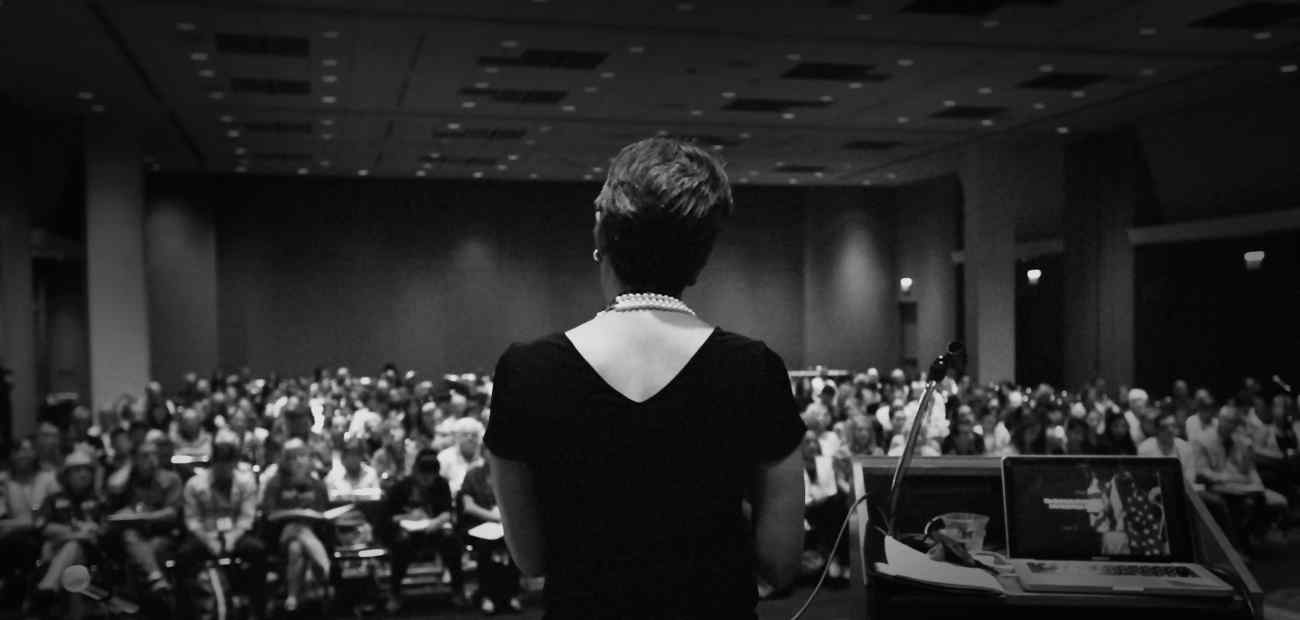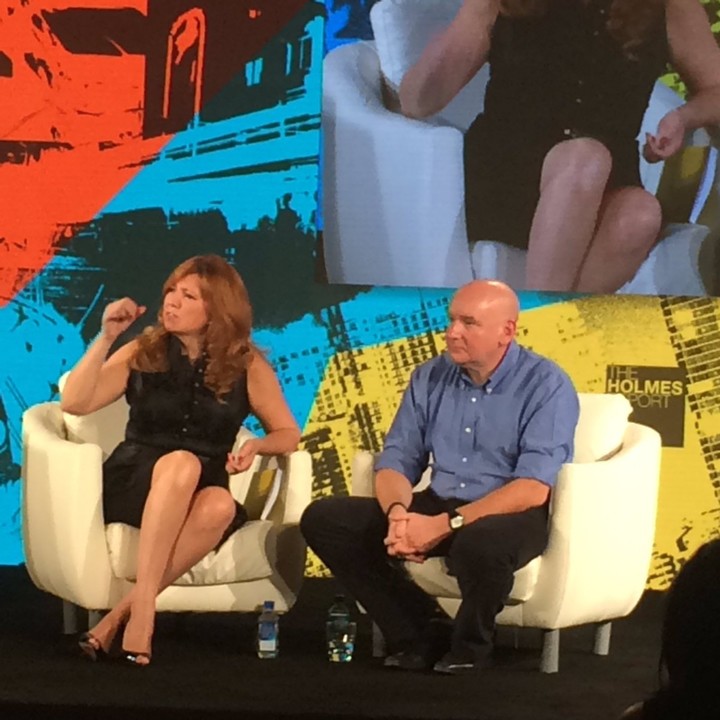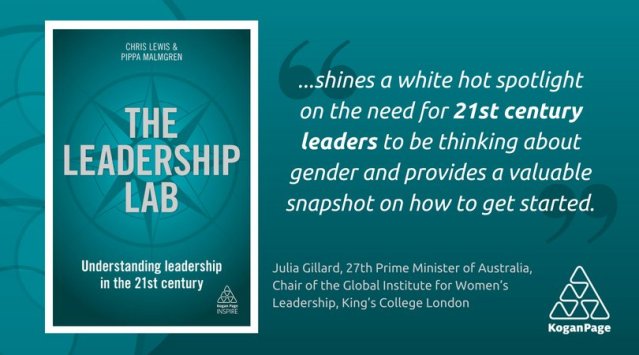
Leaders schooled in rational, left-brained thinking need to adapt to changing political, social and technological forces. This requires not only the ability to drill down into details, but to look across the horizon and make right-brained connections. At least, that’s how experts Chris Lewis and Pippa Malmgren describe leadership in their soon-to-be-release book: The Leadership Lab: Understanding Leadership In the 21st Century.
Due to be launched on October 3rd, the book is based on interviews with hundreds of global leaders, from business and government, and supported by the authors’ insights on thought leadership; the book shows that today’s leaders need to develop ‘situational fluency’ with the technical, cultural, economic and geopolitical world in which they work.
The minds behind the book are renowned and top-class thinkers of our time. On one hand, Dr Pippa Malmgren is an economist and an entrepreneur. A former White House Presidential adviser, she now advises the British Government and the world’s largest financial and military organisations. Her best-selling book, Signals, forecasted the great financial crisis, the slowdown in China, Brexit and rise of American nationalism.
On the other, Chris Lewis, an entrepreneur and author of the best-seller on ideas Too Fast to Think. He is a former journalist and founder of one of the largest creative agencies in the world. Founded in 1995, his practice now encompasses 25 offices and 500 staff.

Real leadership combines both logic and emotion, both short and long-term thinking. There is a clear pattern to change and leaders can no longer lead by analysing and trying to connect the dots separately. They must learn to join them together. “Leadership must see the limitations of the leftbrain process,” say the authors. “We can no longer analyse our way out of problems.”
This holds major implications for business and political leaders alike. In fact, the skills and qualities of a leader in the 20th century were very different from the ones needed in the 21st century while information overload diverts thinking to the short-term, the quantitative and tactical at the expense of creativity, imagination, community values and even mental health issues.
That information overload makes Leadership being subject to impatience from voters, staff, shareholders and other stakeholders. It’s outcome might often cling to comfortable, but inaccurate and outdated models of a macroeconomic environment that no longer exists. That’s why indeed leaders need to align themselves firmly in the new social, cultural, technological, behavioral, political and economic real world.
The Leadership Lab introduces as well a new concept: the Kythera. This is a tool to help leaders navigate complexity. It is a wheel with eight ‘spokes’ signifying areas of paradoxical change that have both good and bad effects simultaneously:
Information. Leaders need to be mindful of the risks of information overload.
Internationalism. Leaders must strengthen their awareness of the world economy as it really is, not as it was or as they wish it would be.
Immediacy. There is a causal link between impatience engendered by the fast-moving
Internet and the risk of a breakdown in relationships on a personal, domestic, corporate and political level.
Intelligence. Leaders should embrace meditation, mindfulness and holistic thinking to protect organisations’ community culture and values.
Infrastructure. Airports, canals, roads, railway and major ports are being constructed in places where there has been little development, which is changing the fabric of society.
Innovation Leaders must encourage an attitude that experiments, anticipates new ideas and looks for ways in which to apply it.
Inclusivity. Leaders need to unify people in the pursuit of common goals and create a collective identity, cohesion and efficiency.
Inspiration. Leaders must identify, develop and demonstrate common values to understand what constitutes ‘good’ or moral behavior.

Modern leaders must be aware that they can’t ‘do’ values. They can only ‘be’ them. This is why leaders need to have a ‘to be list’, as well as a ‘to do list’, say Lewis and Malmgren. The urge to ‘do’ too much in pursuit of business or political objectives leads to inconsistency stress and shorttermism. Leaders should not feel ashamed at doing less.
The Leadership Lab points out the dangers of over-reliance on analysis and extrapolation based on historic data. It proposes a cyclical rather than linear model, which calls for less prediction of one outcome and greater preparation for many outcomes. It highlights the importance of using imagination to plan for contingencies and crises.
Both enlightening and a call to action, The Leadership Lab will encourage leaders to not only provide a better future for themselves and their organisations, but also for the wider world.

Founder Dinis Guarda
IntelligentHQ Your New Business Network.
IntelligentHQ is a Business network and an expert source for finance, capital markets and intelligence for thousands of global business professionals, startups, and companies.
We exist at the point of intersection between technology, social media, finance and innovation.
IntelligentHQ leverages innovation and scale of social digital technology, analytics, news, and distribution to create an unparalleled, full digital medium and social business networks spectrum.
IntelligentHQ is working hard, to become a trusted, and indispensable source of business news and analytics, within financial services and its associated supply chains and ecosystems





























